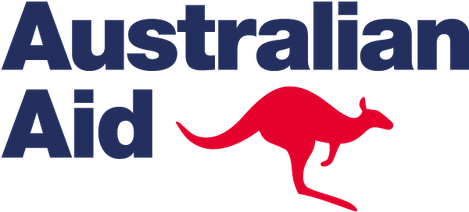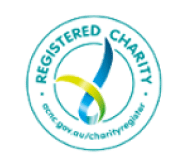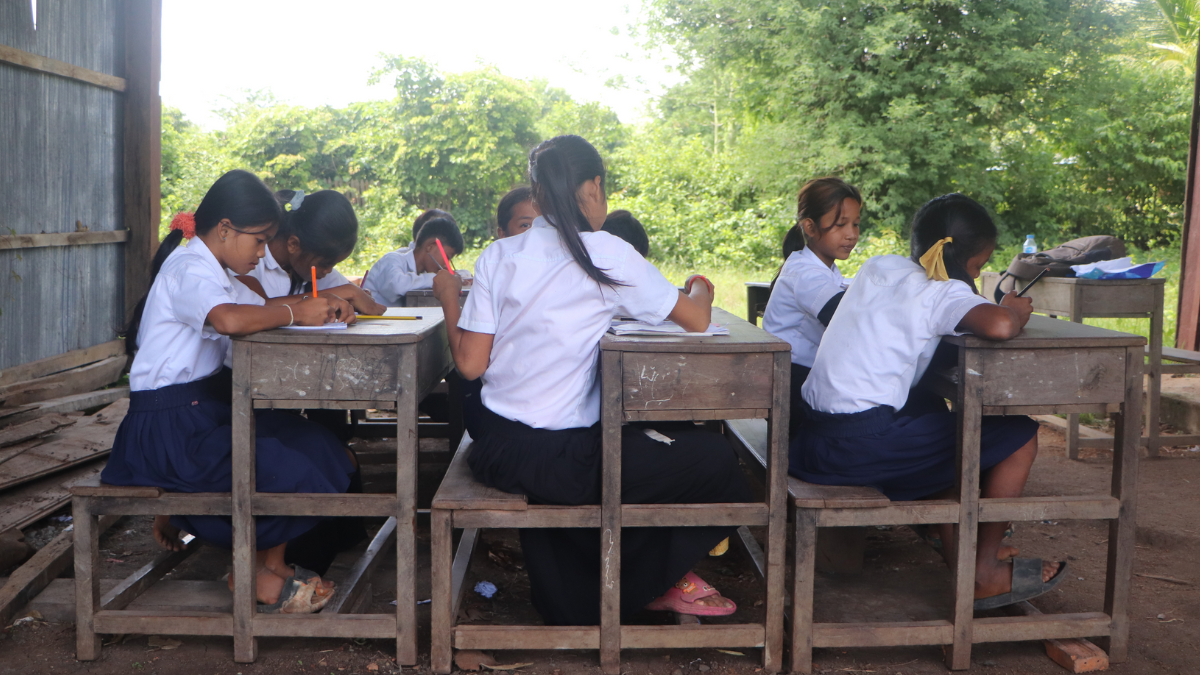
Cambodia
Neglected Potential
Darren Sterling reports on his visit to Preah Vihear, Cambodia and the challenges facing children in local schools.
I’m in Preah Vihear province in remote north-east Cambodia, to visit AOA’s newest partner, Ponleu Ney Kdey Sangkhum (PNKS), who works with Kuy minority communities. I was blessed to have lived in Cambodia before COVID-19, and I’m thankful for the opportunity to return.
With 65% of the population under 30, Cambodia feels like a teenager, racing to reclaim what’s been denied. Education is a clear focus. Decades after the system's destruction, students in white tops and navy bottoms walk or ride their bicycles to and from school across the country. Cambodia is a country of untapped potential, of a greater desire to learn than there is to enable it.
Yet despite the obstacles, the poverty, and the lack of resources, hope for a better future for its people can be found. Teenagers voluntarily teach children in crowded rooms or open fields, senior citizens work to improve their local schools, and teachers endure harsh conditions, all seeking a brighter future for their country.
Today I visited a primary school, located thirty minutes along dirt roads away from the nearest small town. As Chanthorn, the school principal takes us on a tour of the school, I am struck by its starkness. Empty decaying classrooms with desks and whiteboards, with a few old information posters, but completely devoid of a single book.
I have visited hundreds of schools across Cambodia, yet I was shocked and disheartened by the conditions. There are certainly many schools without a library, but not a single book!
The one constant I witnessed was the joy and passion that Cambodian children in rural areas have for learning. Education is their hope. Hope for a way out of poverty for themselves and their family. Yet seeing primary school children so excited to learn, with so much God-given potential but without any resources, breaks my heart.
Sitting in a makeshift classroom with no floor or walls, are the grade five students. Sreyleak sits at the rear of the class and answers questions enthusiastically. She dreams of being able to learn in an environment that doesn’t flood in winter and where there are books and materials for her to learn. Sadly, the statistics reveal that without support, Sreyleak will be lucky to complete many more years of schooling.
Later as I met the teachers, I heard of the hardships they endured and the challenges they faced. Before the visit, I had purchased some books in Siem Reap, careful to select only the latest releases, in the hope that the school would not already have them in their collection. If only I had known what I would discover, I would have purchased more. As I hand the books for the school to the teachers, I’m shocked by their enthusiastic reaction and discover they have never seen children’s books in Khmer before.
Improving literacy requires more than just materials, which is why PNKS is already working to educate parents, build the capacity of School Support Committees, and liaise with local and provincial government. However, books and educational materials are fundamental in providing stimulation and excitement to learn among children.
As I drove away from Sreyleak’s school, I heard that “still small voice” (1 Kings 19:12) ask what I would do in response to the needs of these children.
Having witnessed the reality of children in these communities, the dedication of the teachers and the hard work of PNKS and community groups, I am committed to raising the required funds to ensure one of the many schools I visited can establish a library that engages and inspires children next year.
My hope is that our wonderful supporters will also share this passion to ensure that children like Sreyleak can have a brighter future.
In the words of Nelson Mandela,
“Education is the most powerful weapon you can use to change the world.”
Darren Sterling is the Head of Engagement at Anglican Overseas Aid.
The Somleng Prey Leng project receives funding from the Australian Government, through the Australian NGO Cooperation Program (ANCP).
